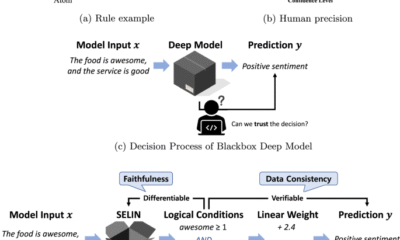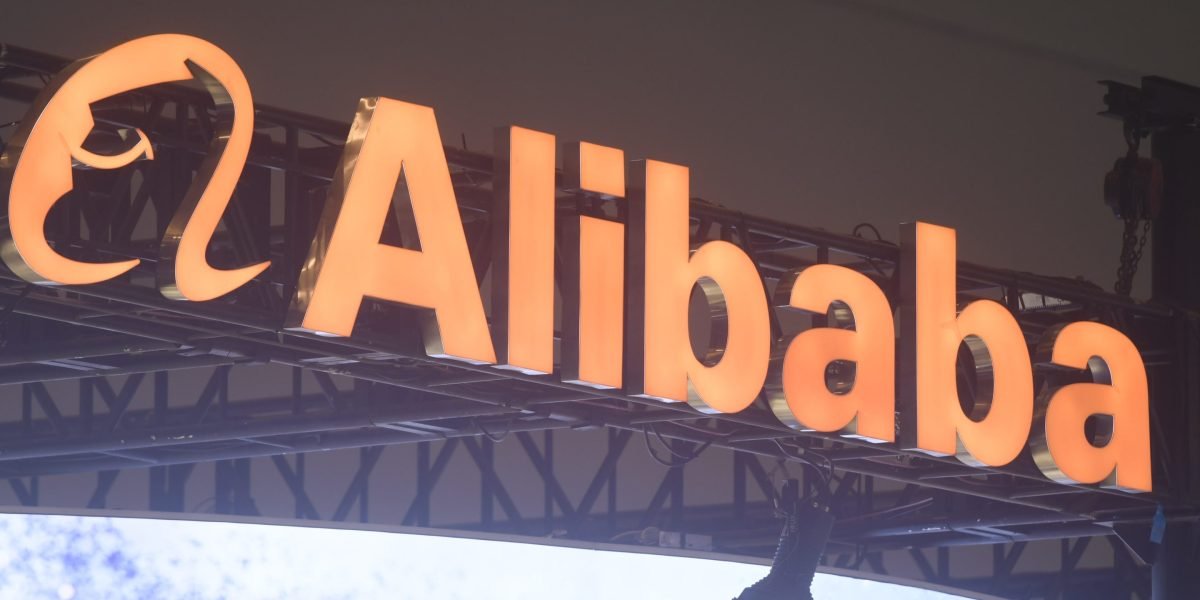Multiple industries including cloud, chips, data storage, semiconductor manufacturing, data centers and servers are seeing revenue gains from artificial intelligence (AI), cementing its role as an economic driver.
The main catalyst is increasing enterprise adoption of AI. A 2025 PYMNTS Intelligence report shows that 9 in 10 chief financial officers (CFOs) see “very positive ROI” from generative AI. That’s up substantially from 26.7% in March 2024.
“With gen AI yielding such strong results, CFOs are utilizing the technology in more areas of their businesses,” the report said. These include using the technology for high-, medium- and low-impact tasks.
Cloud providers are some of the clearest beneficiaries of this demand. According to Statista, cloud infrastructure service revenues are expected to exceed $400 billion for the first time. Cloud market has re-accelerated in recent quarters, mainly due to the AI boom, the research firm said.
Consider the following:
- CoreWeave, as a purely AI cloud provider, posted Q2 revenue that more than tripled to a record $1.21 billion from $395 million a year earlier. It’s a reflection of accelerating demand for its GPU‑powered AI cloud services, though soaring operating expenses led to a net loss.
- Microsoft recorded a 39% year‑over‑year gain in Azure and other cloud services revenue in its fiscal fourth quarter. Its Intelligent Cloud segment posted $29.9 billion in revenue, up 26%. For the year, Azure surpassed $75 billion in revenue, up 34% largely due to AI workloads.
- Google Cloud saw Q2 revenue rise by 32% to $13.6 billion compared to the prior year. Operating income for cloud soared 133% to $2.8 billion. Alphabet CEO Sundar Pichai said the company raised its capex to $85 billion in 2025 due to “strong and growing demand” for cloud services.
- AWS posted $30.9 billion in cloud revenue in Q2, up 17% from a year ago. Operating income rose 10% to $10.2 billion. Its backlog grew to $195 billion, up 25% year‑over‑year, prompting CEO Andy Jassy to caution that capacity constraints may limit near‑term growth.
Semiconductor companies supplying GPUs and networking chips to hyperscalers are seeing explosive gains. Nvidia, the most valuable company in the world and whose chips command the lion’s share in powering AI workloads, reported record data center revenue of $39.1 billion in its fiscal Q1, up 73% from a year ago.
AMD’s Q2 revenue rose by 32% year over year to $7.7 billion, with its data center segment taking up $3.2 billion of the total, up 14% from a year ago due to “strong demand” for its EPYC processors and growing interest in AI platforms. Net income rose by 229% year over year.
Read more: The CAIO Report: Since March, Triple the CFOs Report Very Positive ROI from GenAI
‘Unprecedented’ AI Demand Boosts Related Industries
In data storage, Snowflake, the cloud data warehouse platform, crossed the $1 billion revenue quarterly mark in May for the first time due to the rising tide of artificial intelligence workloads. The company just earned an upgrade from BofA due to strong customer demand tied to AI investments.
Databricks, Snowflake’s rival, is also in high gear. The company said it is raising funds that would value it at $100 billion. It plans to use the funds to accelerate its AI strategy as well as for future AI acquisitions and deepen AI research. Databricks CEO Ali Ghodsi said there is “tremendous interest because of the momentum behind our AI products.”
In servers, Dell has emerged as a standout beneficiary of AI-fueled demand. Its Q1 fiscal 2026 Infrastructure Solutions Group — which includes servers and networking — posted record revenue of $6.3 billion. In the quarter, Dell generated $12.1 billion in AI orders, which surpassed all of fiscal 2025 combined. COO Jeff Clarke described the surge in demand as “unprecedented.”
In semiconductor manufacturing, Taiwan’s Foxconn said for the first time, revenue from servers and cloud infrastructure overtook smartphone assembly. Cloud and networking products now account for 41% of its total revenue in Q2, according to the Financial Times. Foxconn expects AI server revenue to increase by 170% year over year in Q3. CEO Kathy Yang cited “very strong demand” for AI servers for the robust gains.
Among data center operators, Digital Realty saw a 10% increase in revenue to $1.49 billion in Q2, outpacing its historical growth rate. The company raised its full year revenue guidance to $5.93 billion, up from $5.83 billion. Management cited AI-driven digital transformation and cloud growth as catalysts for top line growth.
Privately held Vantage Data Centers last week announced a $25 billion investment in West Texas to build a “mega-scale” 1.4GW data center campus in Shackelford County. Called “Frontier,” the campus will boast 10 data centers totaling 3.7 million square feet. The company called customer demand for AI data centers “unprecedented.”
Read more:
Databricks Projects $1 Billion in Revenue From Data Warehouse Business
Amazon Eliminates Hundreds of Cloud Computing Jobs
Why Does Google Want Multi-Cloud Security Platform Wiz So Badly?










































